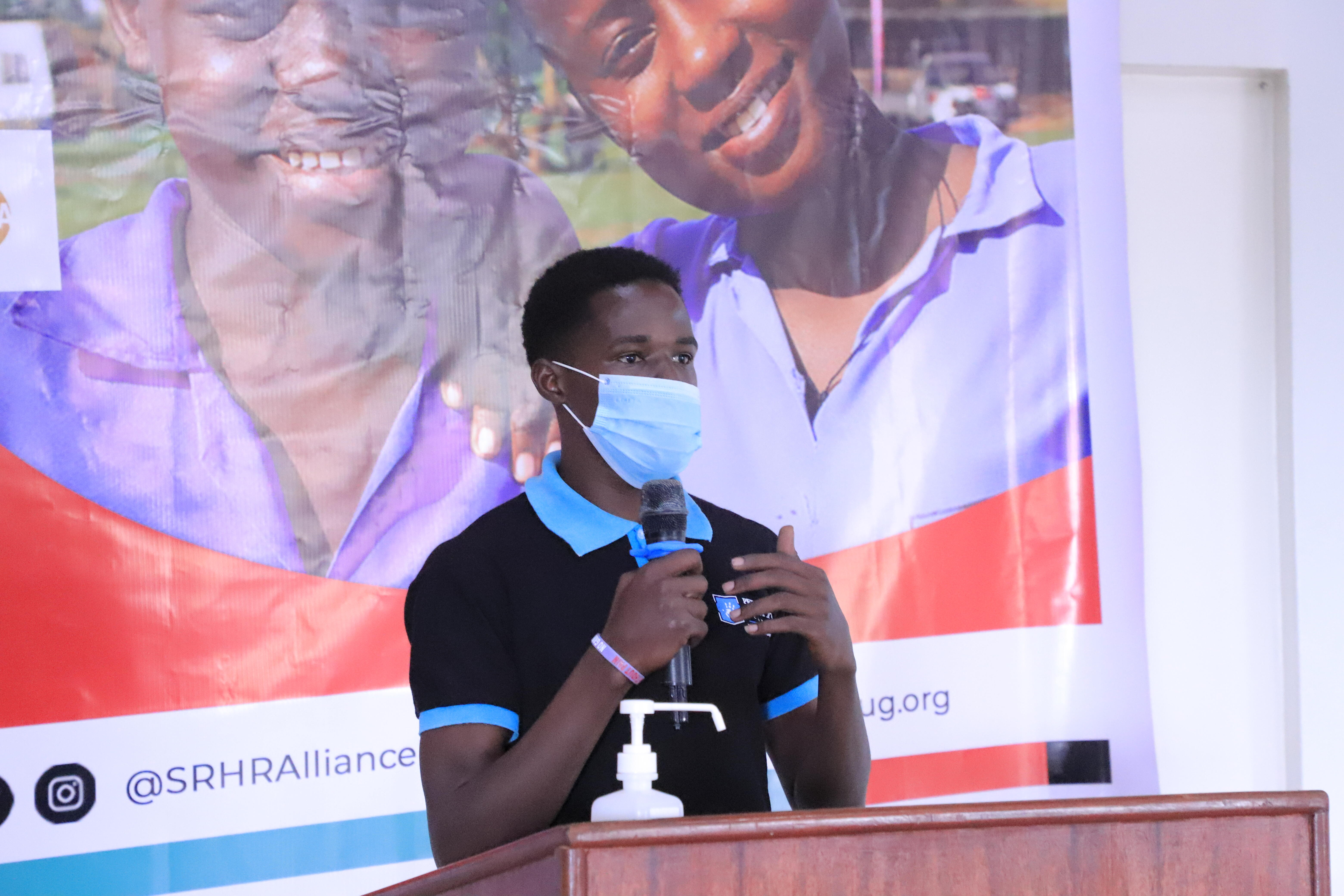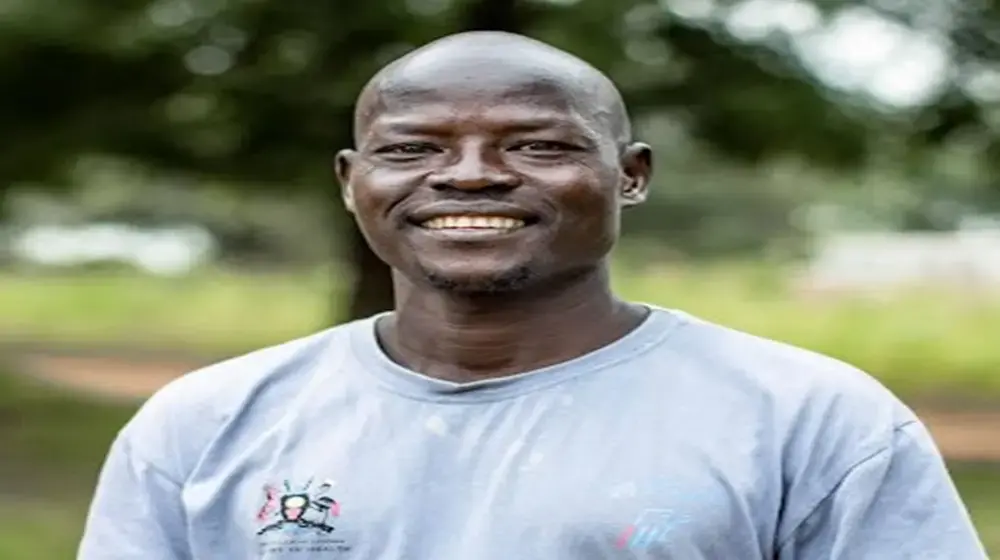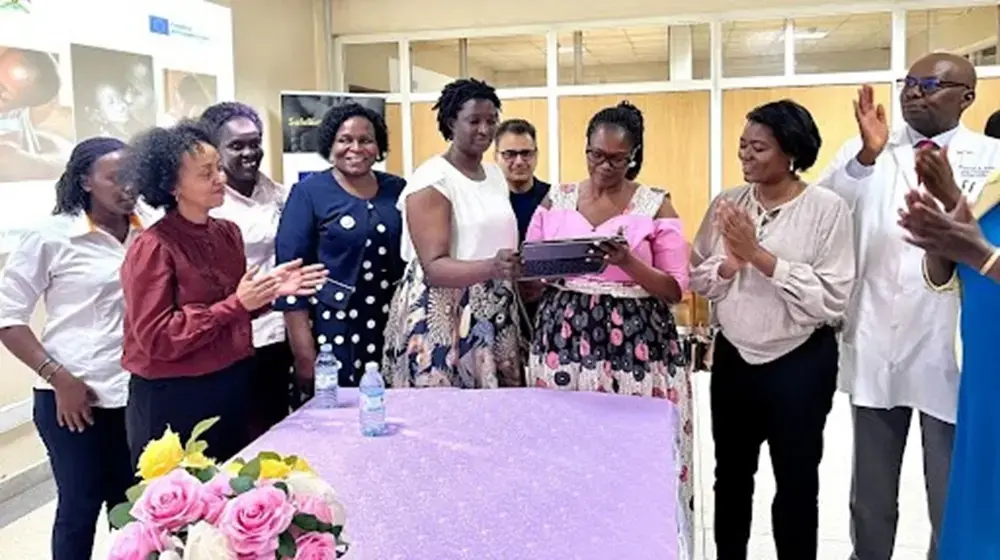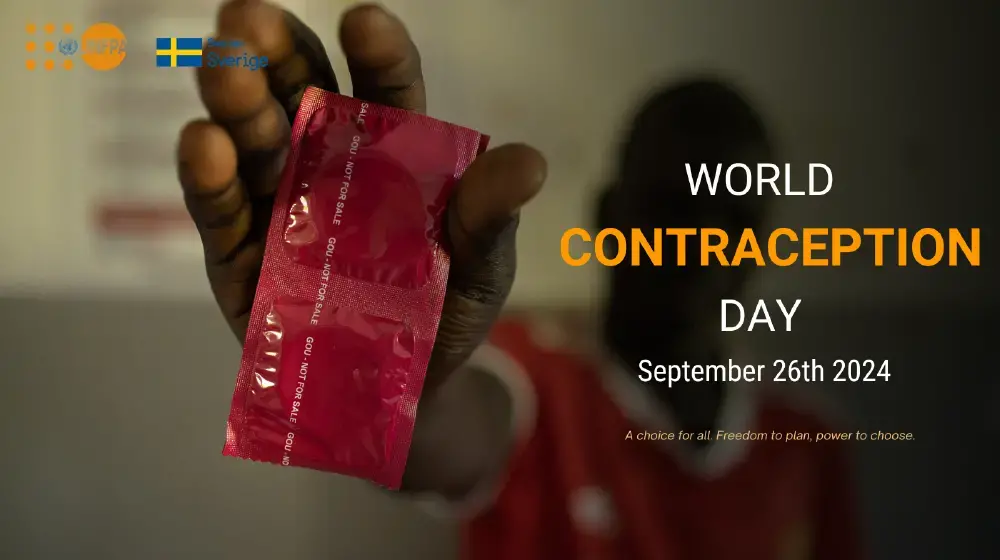Engaging young people is key when holding discussions on Sexual Reproductive Health (SRH) because they are not only affected by these SRHR issues but also have the right to meaningfully participate in discussions such as these.
Ahead of the inaugural National e-conference on strengthening systems for Integration of SRH, HIV and Gender-Based Violence (GBV) services, the Ministry of Health and UNFPA Uganda organized a pre-youth virtual conference attended by over 88 participants online and 25 young people in physical attendance at the Fairway Hotel.
This pre-youth conference purposed to leverage the policies, guidelines, strategies, and frameworks developed by the Government to facilitate the environment for the provision of SRHR services in the country in relation to Advanced Youth Sexual Reproductive Health Rights. Young people’s SRHR had started to register tremendous improvements, however, in the wake of the COVID-19 pandemic, there was a relapse. The virtual pre-youth conference therefore created a platform for youth-led and youth-serving organizations to share progress, achievements, innovative practices, lessons learned, recommendations to foster SRHR integration in the “new normal.”
While officially opening the pre-youth conference; Hon. Dr. Joyce Moriku Kaducu, the Minister of State for Primary Health Care who joined via zoom highlighted the importance of Integrating GBV together with SRHR service delivery and programming as it increases the uptake of SRH services among young people. She encouraged stakeholders to empower young women and men to prevent SGBV and mitigating the effects on the survivors.
“The Ministry of Health is committed to collaborating with relevant actors and sectors to support the delivery of quality and integrated sexual and reproductive health services while ensuring human rights for young men and women,” she added. She further noted that most HIV infections and SGBV cases result from SRHR challenges hence the need for integration.
Young people from youth-led organizations shared experiences and constraints faced when advancing SRH services and information to peers especially during the COVID-19 pandemic; James Ocen, a Peer Educator with Reach A Hand Uganda said that during the pandemic there was a stockout of both HIV and SRH commodities at health facilities. “At the health facility level, there was limited coordination and effort by health workers to offer services beyond what young people seek and inadequate referrals.” Ocen noted that young people need to be empowered well enough to demand services which in turn would increase uptake of integrated services as well as the promotion of young boy’s involvement in preventing violence against girls.
Ms. Brenda Bonabaana from Albinism Umbrella represented young people living with disabilities during the virtual conference and shared some of the challenges faced as they try to seek SRH information and services. She said that young people with disabilities most times receive confusing information regarding their SRH as they grow up which is mostly in formats that are not favorable to the disabled. Such information formats required include large fonts like braille, sizeable captions, sign language among others. She also highlighted the contradicting SRH information provided to young people which misleads the public, for instance, there is a misconception that people living with Albinism cure HIV/AIDs.
As a result of the dialogue, the young people formulate key commitments and recommendations that encouraged integrating SRHR, GBV, and HIV in fulfillment of the rights of young people which will contribute to Uganda achieving ICPD+25 commitments and SDGs 3 and 5
The virtual pre-youth conference was closed by Dr. Dinah Nakiganda the Assistant commissioner of the adolescent and school Health division at the Ministry of Health who pledged the full support of the Ministry when it comes to accelerating young people’s SRHR.
The youth pre-conference was also graced with the Y-Plus band performance composed of young people living with and affected by HIV.
By Josephine Zhane





